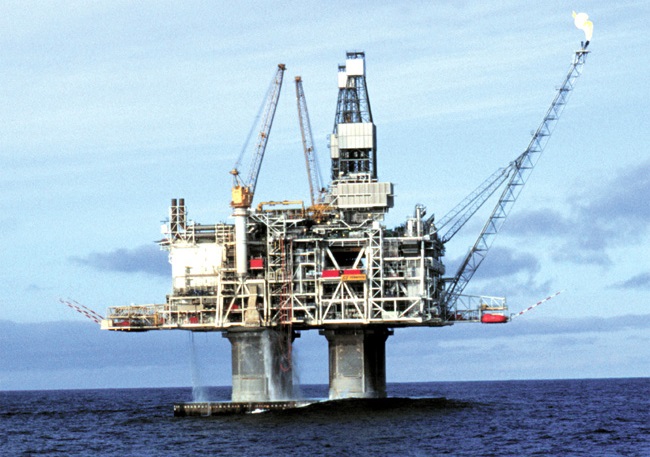
ST. JOHN’S, N.L. – The Newfoundland and Labrador government released details of its new generic offshore oil royalty regime on Monday, saying the simplified system will make the province more competitive on the world stage.
Natural Resources Minister Derrick Dalley said the new framework will see royalty rates increase as fields become more profitable, but he insisted the new generic regime will also provide a more predictable starting point for energy companies.
Under the old regime, the province negotiated separate royalty regimes and benefit agreements on a per project basis.
“This generic royalty … provides the fiscal certainty that industry has been seeking,” Dalley said in a statement.
Benefits agreements will continue to be negotiated for individual projects. The new royalty system applies to all new production licences, including those based on existing exploration and significant discovery licences.
That means the framework will apply to the proposed Bay du Nord deep-water project in the Flemish Pass. Statoil ASA of Norway, which announced the find in 2013, has yet to decide whether it will develop that field.
On Monday, Dalley told a news conference that talks with Statoil to develop Bay du Nord had reached an impasse. He said the company simply wanted more than the province was willing to give, and he stressed that the new royalty system was not a factor.
Monday’s announcements came only days before Newfoundland and Labrador Premier Davis is expected to officially announce the start of a provincial election campaign that will culminate with a vote on Nov. 30.
The province’s governing Progressive Conservative party, in power since 2003, is widely considered a long shot in the race, having been behind in the polls for two years.
The Bay du Nord project is considered a must-have in a province that has suffered financially since oil prices started plunging in June 2014. Offshore energy royalties account for about one-third of the province’s budget.
The Bay du Nord oilfield, the largest global discovery in 2013, is under 1,100 metres of water about 500 kilometres east of St. John’s. Early estimates suggest it contains up to 600 million barrels of recoverable light crude.
The project would provide a major economic lift to the province as output from Hibernia and other sites wane.
Four months ago, the premier said the province was “weeks away” from signing a term sheet with Statoil.
He also said the new royalty regime would be modelled on the more streamlined approach taken by Norway, which would accelerate negotiations.
Warren Mabee, a geography professor at Queen’s University in Kingston, Ont., said the province’s new system will be welcomed by the industry.
“The royalty system worldwide is becoming more competitive,” Mabee said in an interview. “Simplifying the way they do business is clearly what they’re trying to do here … This is very transparent and clear.”
Under the new framework, a basic royalty will apply to gross revenue when a project starts producing oil, increasing from one per cent to 7.5 per cent as the project recovers its costs.
Once costs have been recovered and profits start to roll in, a net royalty will be applied to net revenue, ranging from 10 per cent to 50 per cent — and the basic royalty becomes a credit against net royalties.
The highest royalty rate will be payable by oilfields that have returned $3 to the producers — after royalties — for every dollar spent.
— By Michael MacDonald in Halifax
Follow @NovaMac on Twitter